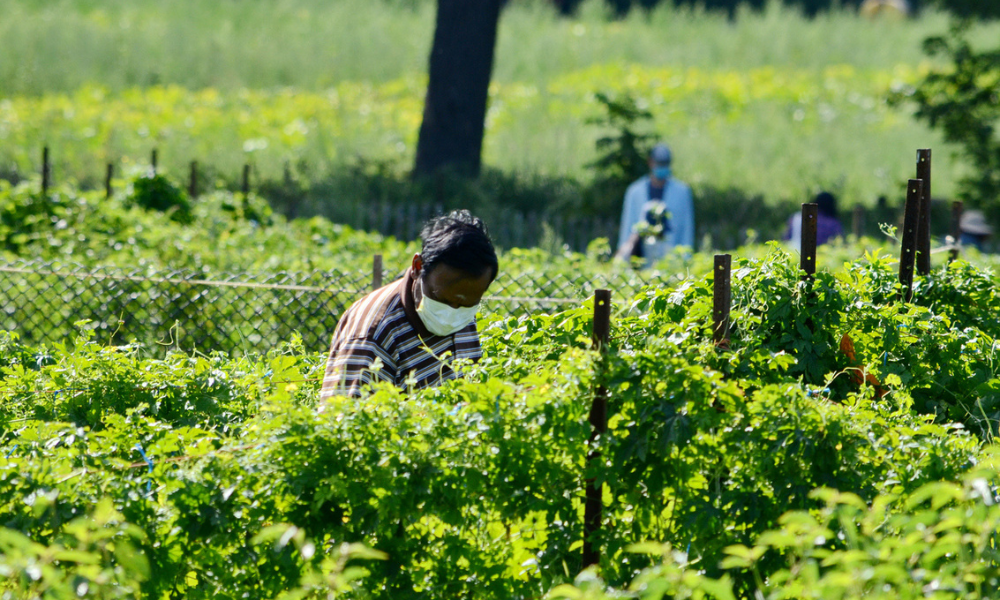Following landmark ruling, are more companies at risk?

This week, Scotlynn Farms, based in Vittoria, ON, became the first employer to be prosecuted for a COVID-19 related death under the province’s occupational health and safety laws. Among other charges, the farm pled guilty to the COVID-19 death of one of its workers, Juan Lopez Chaparro, and was ordered to pay a fine of $125,000 and an additional $31,250 for court costs.
There are a number of reasons the case should be seen as significant by Ontario employers, says Jeremy Warning, Partner, Mathews Dinsdale & Clark LLP. Warning is a labour and employment lawyer specializing in occupational health and safety law.
First of all, the $125,000 fine imposed “ranks as one of the highest penalties imposed for a breach of the Occupational Health and Safety Act (OHSA) that is not connected to an injury,” says Warning.
He says that the fine was not imposed because of the death of the worker (Chaparro), and that employers should be aware that significant penalties can very much be imposed for OHSA violations, even if the violation cannot be connected to the injury of a worker.
Second, in making the recommendation for the fine to the court, the Crown advised that the penalty actually accounted for Scotlynn Farms (as is the case with other employers) “grappling with how to respond in the early stages of the pandemic".
Warning says that COVID prevention measures are now well-established and known which suggests that, should there be future cases addressing workplace COVID-19 infection, the employer may not be able to obtain leniency in sentencing on the basis of learning how to address a new workplace risk.
“The case is also a reminder that employers must ensure that workplace safety measures are carried out by not permitting workers the discretion to decide when they will protect themselves and other workers,” he says.
Despite the bombshell nature of the prosecution, Warning says that from a legal perspective they do not anticipate a significant number of further OHSA prosecutions relating to workplace COVID-19 outbreaks.
“One of the key challenges to the Crown in bringing these prosecutions is proving, beyond a reasonable doubt, that COVID-19 was contracted at the workplace,” he says. Indeed, the Crown would have to prove that a worker was infected while working and not from home or from behaviour or activity occurring away from work (e.g. travelling, socializing, etc.).
In addition, Warning says that governments and public health authorities have relaxed and rescinded requirements for COVID prevention in most workplaces – and for most workplaces, the OHSA does not contain specific requirements mandating COVID-prevention measures.
As such, he says, the Crown must rely on the general duty obligation to take every precaution reasonable in the circumstances for the protection of a worker. “Our view is that it will be much more difficult for the Crown to establish a failure to meet this obligation where public health experts and regulators are not requiring measures to be taken.”





